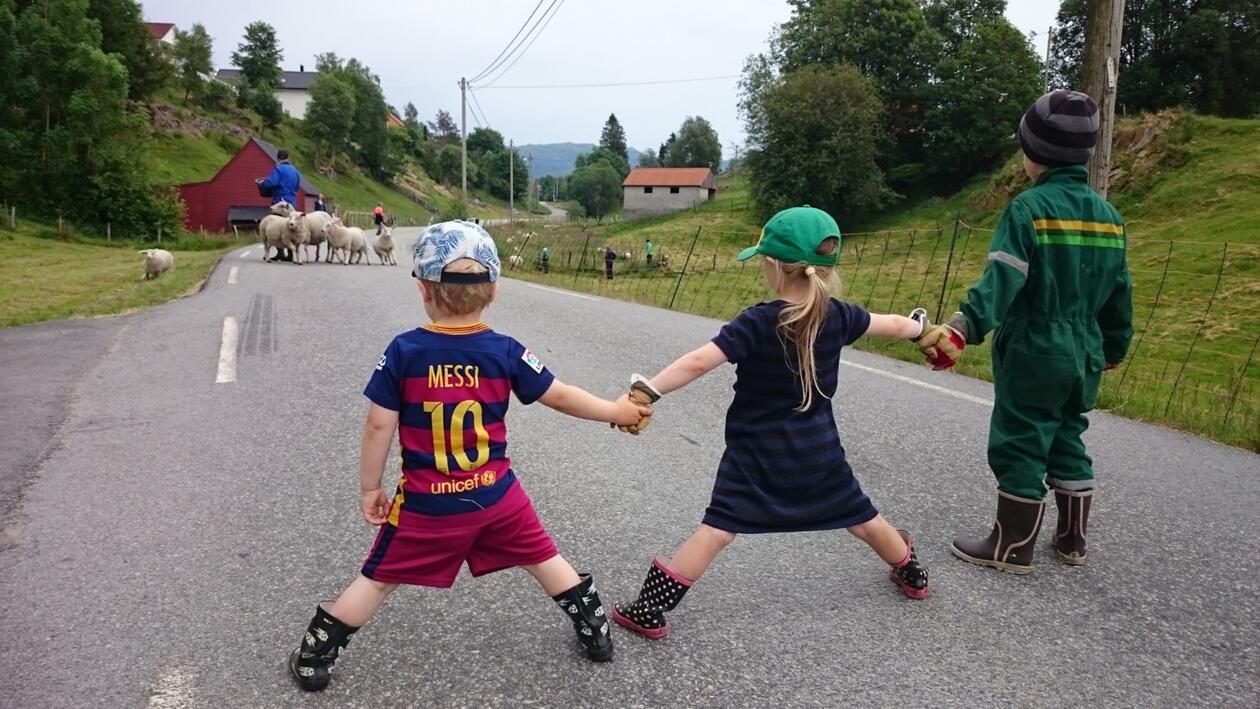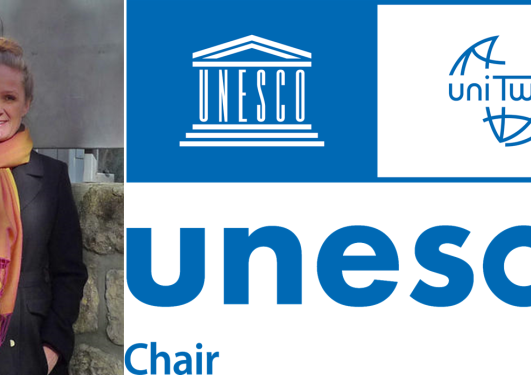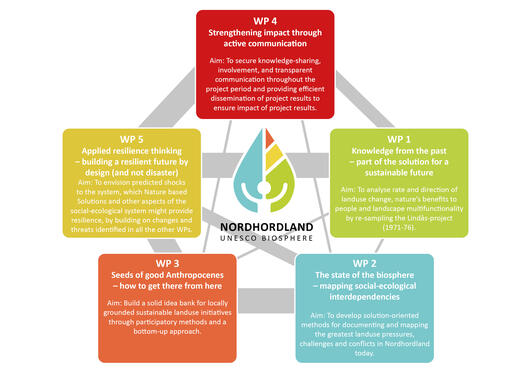CULTIVATE: Co-Creating Cultural Narratives for Sustainable Rural Development
CULTIVATE is a cross-disciplinary project investigating cultural heritage in four different European UNESCO Biosphere Reserves. The research is funded by the Joint Programming Initiative on Cultural Heritage and Global Change (JPI CH).

Main content
Project description
CULTIVATE seeks to understand the role of cultural heritage in shaping sustainable landscapes and communities in the context of societal challenges such as the Covid-19 pandemic, the climate emergency and transitions required to meet the Sustainable Development Goals (SDGs). Through methods highlighting cultural values, identity and relationships between people and land, the research explores how cultural narratives are co-created, contested, and negotiated at both community, regional and national levels. The project aims to make conceptual advances by integrating cultural heritage paradigms with socio-ecological systems (SES) to design a methodology to analyse how cultural narratives emerge in relation to stakeholder dynamics, landscape features and drivers of change. Using a participatory co-creation approach, CULTIVATE will explore different meanings of heritage, and cultural narratives will be reshaped using the ‘Seeds of a good Anthropocene’ methodology.
CULTIVATE will have valuable impact in real world socio-ecological systems by conducting research across four Biosphere Reserves (BRs): Wester Ross (Scotland), Nordhordland (Norway), Třeboň Basin (Czech Republic), and West Estonian Archipelago (Estonia). These BRs represent a diverse spectrum of rural cultural landscapes with an ethos of scientific-based management and community engagement, and will have a key role in facilitating the community engagement that is vital to eliciting and understanding cultural narratives related to sustainable development. In each BR we will engage decision makers and heritage organisations in the project through narrative co-creation processes at the regional and national levels. Collaborative co-creative approaches will identify the ways in which BRs may best implement and benefit from the project methodology and ensure that project activities align with regional priorities and aspirations for managing cultural heritage and contributing to sustainable development and the UN Sustainable Development Goals (SDGs). The role of BRs as demonstration regions will lead to international impact through global Biosphere networks.

Depiction of geography and connected natural resources in Nordhordland UNESCO Biosphere.
CULTIVATE aims to develop project outputs that are useful for a variety of end users including communities, municipalities, and policy makers. The project takes an innovative approach to generating and disseminating cultural narratives using creative and arts-based approaches.
Research questions
RQ1 What is the role of cultural heritage narratives in shaping sustainable landscapes and communities?
- To what extent is the structure and diversity of cultural narratives related to a) characteristics of socio-ecological systems i.e. geography and social dynamics b) significant drivers of change including Covid-19, climate change and demographic change?
- How does creative co-construction of cultural narratives allow contestation and negotiation between narratives between stakeholder groups and at different spatial scales?
RQ2 Are co-creation approaches an effective means of engaging rural communities in eliciting, reshaping and disseminating cultural narratives that relate to landscape sustainability?
RQ3 How can cultural narratives be captured and synthesised for dissemination and integration into systems of landscape planning and development?
Work packages
WP1 Communication of outputs
Objective: To communicate CULTIVATE outputs to regional and national stakeholders and to international audiences
Description: Effective communication of the concept and findings of CULTIVATE to wide audiences including the communities of the study regions (BRs) and stakeholders at regional, national and international scales.
WP2 Transdisciplinary conceptual framework
Objective: Develop a transdisciplinary conceptual framework that connects the concepts of cultural heritage and cultural narratives with landscapes, understood as complex social-ecological place-based systems.
Description: The transdisciplinary conceptual framework will be used to inform the design of the research methodologies co-created and implemented in WP3.
WP3 Co-creation of cultural narratives in the four BRs as social-ecological systems
Objective: Engage communities and stakeholders in co-creation methods to understand the diversity of cultural narratives in relation to social-ecological dynamics in BRs and to reshape narratives based on ‘seeds of a good Anthropocene’.
Description: A co-creation approach will be used with communities and stakeholders to ensure high levels of inclusivity, participation and diversity. Methods will include interviews, workshops, virtual focus groups, arts and film-based methods. Data will be partly collected using digital means, to reflect changes in modes of working due to Covid -19 and to capture diverse demographics including digital-centred youth. Narratives will capture historical change in terms of the lived experience of participants and future trajectories. Partnerships will be forged between artists and cultural heritage organisations in each BR to develop arts-based outputs.
WP4 Representing cultural heritage during change – integrating cultural narratives into planning and decision making
Objective: Synthesise project findings and make recommendations to integrate cultural heritage narratives into decision making processes at the regional, national and European levels.
Description: Findings from our study regions will be contrasted and synthesised, and recommendations developed for the valorisation of cultural heritage narratives for diverse rural landscapes. Discussions with policy makers will explore how cultural heritage narratives can be integrated into policy processes. We will hold regional training events on transnational findings for stakeholders.




